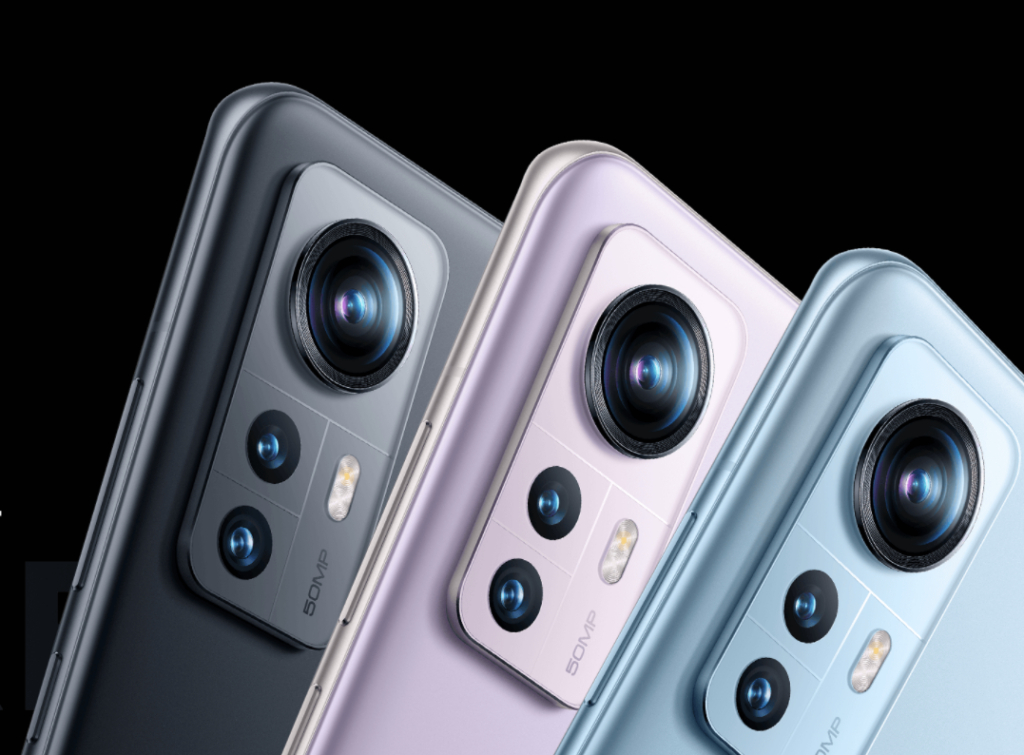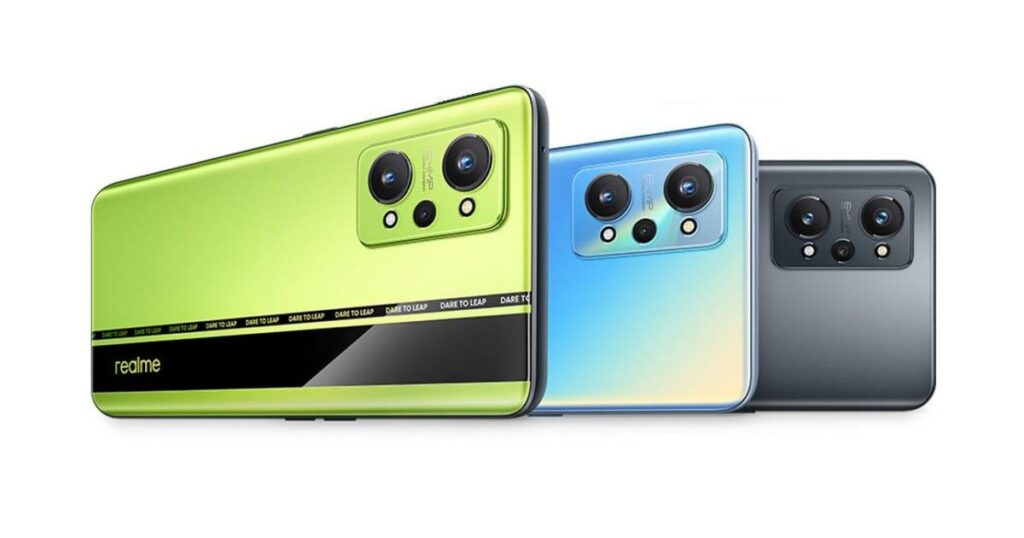Xiaomi 12X vs Realme GT Neo 2: price, specifications, design compared
Xiaomi recently announced their flagship Xiaomi 12 series in the Chinese market which is slated to land globally soon. The newest model in the series is the 12X, successor to Xiaomi 11X that made a splash in the Indian market. In terms of pricing and spec sheet, Xiaomi has tried to maintain a resemblance to the outgoing model. The phone is still powered by the same Snapdragon 870 SoC, comes with a slightly smaller display, gets more color options, and a better camera system. The nearest competitor to the Xiaomi 12X is the Realme GT Neo 2. Assuming that Xiaomi 12X gets launched in India in the coming months, should you pick it over the Realme GT Neo 2? Let’s find out in our comparison.
Xiaomi 12X vs Realme GT Neo 2: Price in India
When it comes to pricing, the Xiaomi 12X is yet to be announced in India. Looking at the Chinese pricing and the price of the Xiaomi 11X, it is safe to say that the Xiaomi 12X will cost around Rs 37,000.
On the other hand, Realme GT Neo 2 has been on sale in India for roughly two months now. It is available in two RAM/storage variants and two colors. The entry-level option with 8GB RAM with 128GB storage is priced at Rs 31,999 while the higher specced model with 12GB RAM and 256GB storage will cost you Rs 35,999. Both these variants are on sale via Flipkart and realme.com
Xiaomi 12X vs Realme GT Neo 2: Specifications, features, design
Design
In terms of design, both phones sport somewhat similar aesthetics. They both look the same from the front with the change in the punch-hole position. With the 12X, Xiaomi has gone for a compact form factor and the feels sturdy and well built. There is Gorilla Glass Victus on the front and Gorilla Glass 5 on the back, while the frame is metal. The phone weighs just 176g and is 8.2mm in thickness.
The vertical camera housing on the rear houses a triple-lens setup with the main big lens and two smaller lenses placed down below. The phone comes equipped with a dual SIM tray with no expandable memory option and three colors, Black, Blue, and Pink.

The Realme GT Neo 2 on the other hand, gets a glass and plastic build and weighs 199g with 9mm thickness. The rear camera housing on the phone carries triple lenses which are placed in a triangular formation with the LED nestled in. Just like the Xiaomi 12X, the GT Neo 2 comes with a dual SIM tray and three-color options, Neo Black, Neo Blue, and Neo Green.
Processor, RAM, and storage
Both the phones are powered by the Qualcomm Snapdragon 870 5G SoC and feature the same RAM and storage options. The base model on both of these phones comes with 8GB RAM and 128GB storage while the decked-out model has 12GB RAM and 256GB storage. There is no capability of expanding the memory via microSD card on either of the two models.
Display
The display is one area where both the phones differ quite a bit from each other. The Xiaomi 12X carries the new 12-bit panel AMOLED panel that has the ability to produce a billion+ colors and has a 120Hz refresh rate. The display size has also been reduced to just 6.28″ on this model. The Full HD+ panel here gets the HDR10+ certification and has been rated A+ on the DisplayMate scale.
On the other hand, the Realme GT Neo 2 sports a large 6.62-inch Full HD+ E4 AMOLED panel with a 120Hz refresh rate and 600Hz touch sampling rate. The display here is also HDR10+ certified and has a peak brightness of 1300nits. None of these panels are LTPO meaning, they do not support variable refresh rate switching tech.
If we had to pick a winner between the two, our vote will go for the Xiaomi 12X.
Camera
The Xiaomi 12X has a triple-camera setup on the back, featuring a 50MP primary Sony IMX766 sensor with f/1.88 aperture, a 13MP ultrawide snapper, and a 50mm equivalent 5MP tele-macro camera coupled with LED flash. In addition, there is a 32MP selfie shooter on the front which is tucked away in the center punch-hole.
The Realme GT Neo 2 also gets a triple camera setup on the back with a 64MP primary sensor with f/1.8 aperture, an 8MP ultra-wide-angle lens, and a 2MP macro lens coupled with an LED flash. On the front, there is a 16MP snapper with an f/2.5 aperture for wide-angle selfies.
Connectivity
In terms of connectivity, the Xiaomi 12X comes with dual-band 4G and 5G support, dual-band Wi-Fi with Wi-Fi 6, Bluetooth 5.2, GPS, and USB Type-C for data transfer. The 5G band support will be different for China and Global models. Apart from this, the phone also gets a stereo speaker setup which is tuned by Harman/Kardon.

Coming to the Realme GT Neo 2, the phone comes with dual-band 4G and 5G support, dual-band Wi-Fi with Wi-Fi 6 support, Bluetooth 5.2, GPS, and USB Type-C for data transfer. For the Indian market, the phone comes with support for 12 5G bands which is one of the highest in the market. Apart from this, the phone also gets a stereo speaker setup which comes with support for Dolby Atmos.
Battery
The Xiaomi 12X comes juiced by a fairly decent 4,500mAh battery which supports 67W fast charging. While the Realme GT Neo 2 comes with a 5,000mAh battery with support for 65W fast charging. Both phones lack support for wireless and reverse wireless charging.
Xiaomi 12X vs Realme GT Neo 2: Verdict
Choosing the right device for you will be a bit difficult till the time Xiaomi officially announces the 12X in the Global markets. From the spec sheet alone, the 12X takes a lead in certain areas like Display, audio, and selfie camera with the GT Neo 2 trailing behind closely.
For all the latest Technology News Click Here
For the latest news and updates, follow us on Google News.
